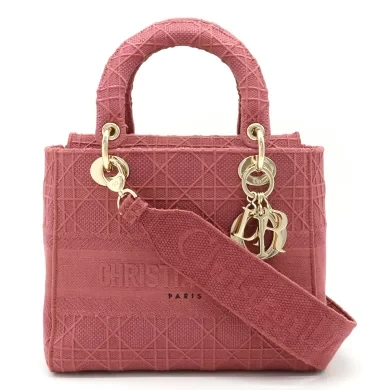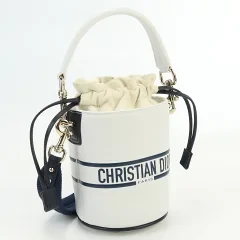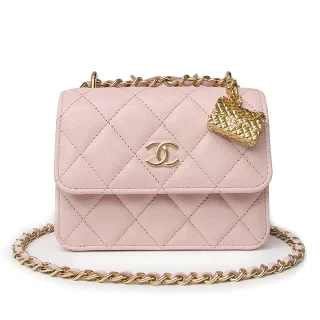Blog
Who Owns Luxury Brands
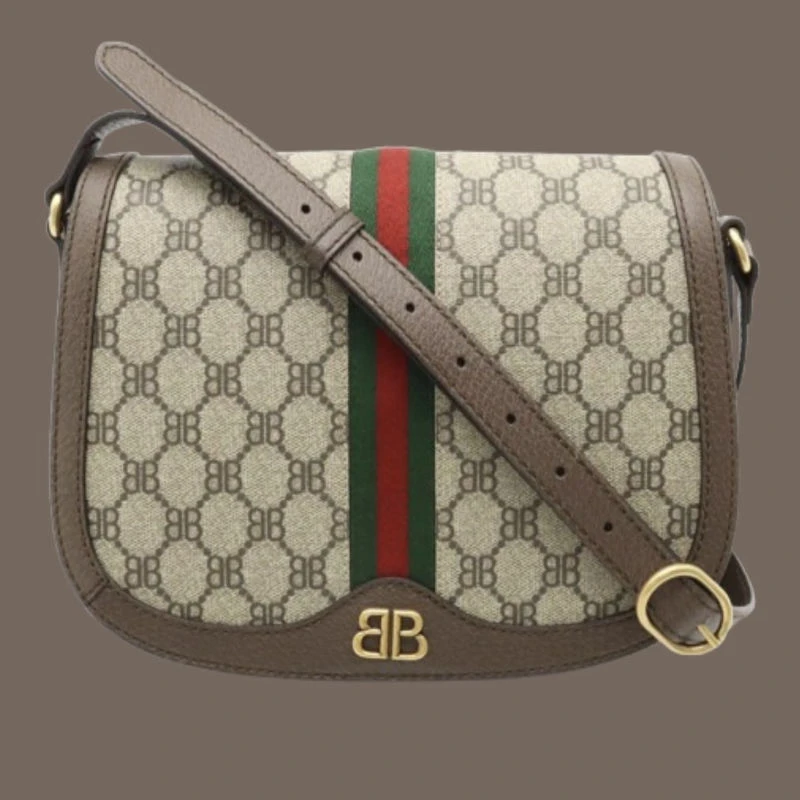
By
Asiya
| SEO & Content Strategist, Value Creation
Published on 26 Nov, 2025 |
Last updated at 02 Dec, 2025
Almost every person dreams of owning something luxurious… But there’s a hidden secret about who owns luxury brands that just may shock you.
Most people assume luxury brands operate independently. The shocking truth is that most luxury labels don’t stand alone. They actually belong to giant groups.
The most famous is the LVMH Group owning Louis Vuitton, Dior, Celine, Fendi, Loeve, and Givenchy.
Second is the Kering Group, comprising Big Balenciaga, Gucci, and Bottega Veneta.
Cartier, Vacheron Constantin, and several luxury watch and jewelry brands are owned by the Richemont Group.
However, here the twist is that not all luxury brands are part of any group.
Check out our video explanation here.
The “hidden truth” of luxury brands isn’t clickbait. It’s literally the explanation of how the fashion world really runs. If you’re into luxury because of the style or the hype, you deserve to know who actually controls the labels you obsess over.
This guide will walk you through the big groups, what that ownership means for creativity (and prices), and which rare few still fly solo.
Why Does Ownership Matter?
Most people think brands are independent artists pumping out fresh designs. As a matter of fact, being a part of a conglomerate influences all aspects, including product releases and collaborations, pricing policies, and resale.
LVMH, Kering, and Richemont are groups with centralized supply chains, marketing power, and distribution.
It implies that they are able to drive a brand into international markets more quickly, yet it also implies that design choices are made to accompany business objectives and not with creativity alone.
The Giant Names in the Industry
Many luxury houses work under large parent companies. If you want to see how these brands stack up today, check out our detailed guide on the top 50 luxury bag brands.
LVMH
LVMH (Moet Hennessy Louis Vuitton) is massive. It is the empire that you probably put on unknowingly. It is a parent of household names: Louis Vuitton, Dior, Fendi, Celine, Loewe, Givenchy, and many others.
When admiring those trademark logos, however, you tend to be looking at orchestrated strategy: large ad budgets, celebrity endorsement, and the scarcity schemes that resellers love to buy.
That’s not inherently evil, but it turns “luxury” into a well-mapped business play. Knowing that is the difference between reading through the logo and knowing what you are actually spending money on: construction, brand story, or marketing power.
Kering
Kering owns Gucci, Balenciaga, Bottega Veneta, etc. Kering's playbook was to renew old brands and be tough on cultural relevance. That means big creative shifts, viral moments, and frequent rebrands to stay “now.”
So when a Gucci item morphs from classic to hype in a single season, remember there’s corporate strategy behind that transformation, not just bold artistic choice. You can also look at the complete Kering brands list to see just how extensive their influence is.
Richemont
When you have a flex that is more Cartier or Vacheron Constantin than handbags, then Richemont is the group to be known.
They possess large stakes in watches and jewels, and they operate with another agenda: value preservation, controlled distribution, and slow-smoldering prestige of watch manufacturing. Their ownership model often prioritizes legacy and craft over fast-fashion energy.
If you want a clearer understanding of how these brands compete, here’s a straightforward comparison of Louis Vuitton, Gucci, and Hermès based on brand value and consumer demand.
Independents: The Rebels Who Still Matter
Not every luxury name is part of an empire. Some houses remain independent, family-run, or privately held, and that independence can mean different priorities: niche creativity, controlled production runs, and decisions made squarely for art or heritage, not quarterly earnings.
If you like heritage-focused design, many Italian handbag brands still keep their identity outside major companies.
Those independent maisons are often where you’ll find the most genuine, low-key luxury—the kind that ages beautifully rather than trends and peaks quickly.
What the Groups Do That Changes the Scene
Group ownership affects pricing, scarcity, and cultural relevance. For example, a group can limit supply to create hype, coordinate cross-brand collaborations, and push a narrative through massive ad spending.
These ownership strategies also directly affect long-term value. This is why certain designs show up on almost every list of the best designer bags to invest in.
That marketing power is why some items feel “exclusive,” even if the exclusivity was engineered. If you want to make savvy buys, understanding which brands are group-owned gives you insight into how their value might behave in the resale market.
Is It Embarrassing to Wear Group-Owned Brands?
Not really, but context helps. If you loved the idea of indie designers being "pure," the truth can sting. A major reason people look into ownership is to avoid being scammed.
If you want a quick guide, here are some simple checks to identify fake designer bags. But wearing a brand from LVMH or Kering doesn’t make you basic. It just means the fashion ecosystem is more industrial than romantic.
Know what you are appreciative of: is it craftsmanship, brand story, or the immediate social money a logo is affording you? Having known that, you will be in a position to make more prudent decisions.
How to Use This Knowledge When Shopping
Check ownership before you buy. It helps predict price stability and resale trends.
If authenticity and craft matter, research whether the maison is independent or group-owned. Independents often prioritize traditional methods.
If you want cultural relevance and quick resale potential, group-owned brands are engineered for that.
Quick Myth-Busting
Myth: Group ownership means no creativity. False, groups often fund big creative risks.
Myth: Independent means better quality. Not always; some groups maintain rigorous standards.
What matters: transparency, provenance, and whether the brand’s priorities match yours.
Final Thoughts
Knowing who owns luxury brands honestly doesn’t take the fun out of it. In the end, it makes this work of intrigue so much more captivating and interesting to be a part of.
You have an option of brands according to what you actually appreciate: heritage-made, culture-made, and investment-made. And if you want authenticity over image, track down independents or trusted sellers who can prove provenance.
If you have genuine luxury items you're willing to sell, you can trust Value Creation UAE to safely evaluate your luxury bags in Dubai. You'll receive an instant assessment.
More in The Journal
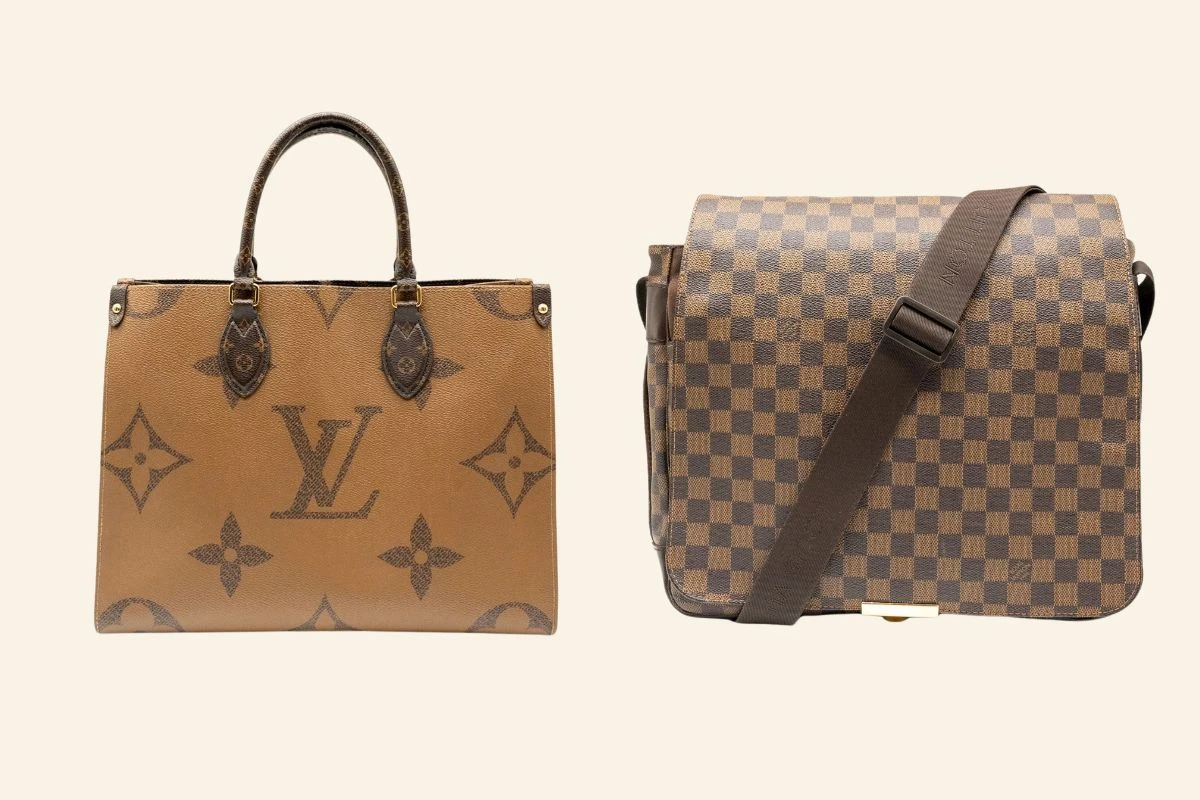
Favorite PM vs MM Louis Vuitton
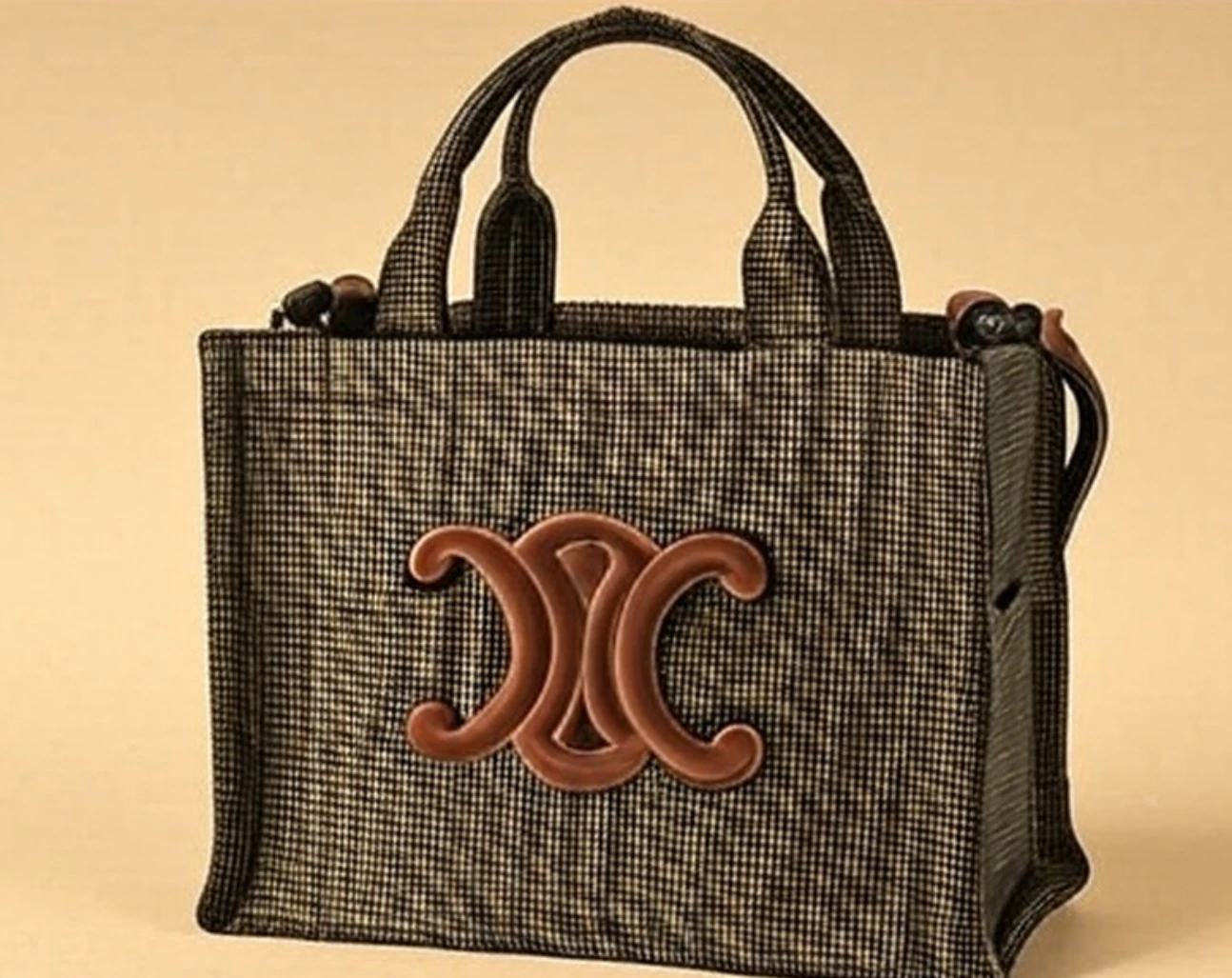
The Ultimate Guide to Celine Belt Bag Sizes: Find Your Perfect Fit
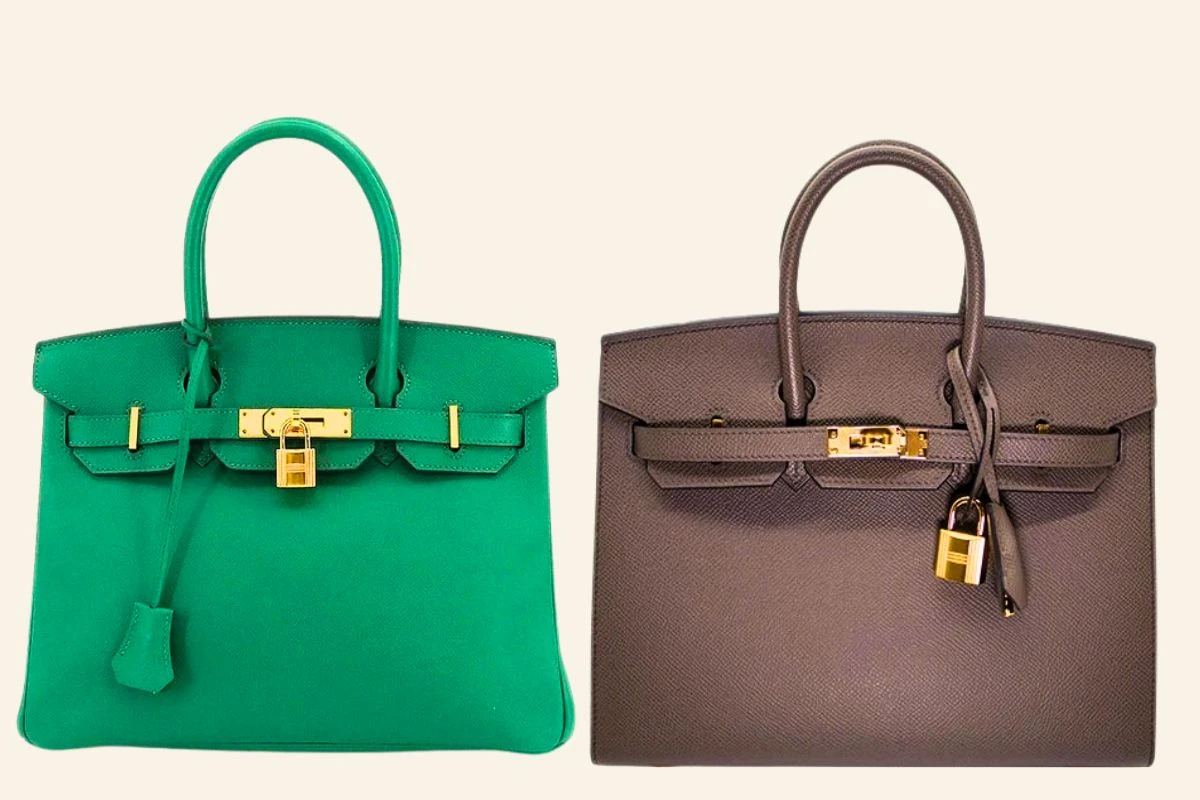
Kelly VS Birkin Bags

